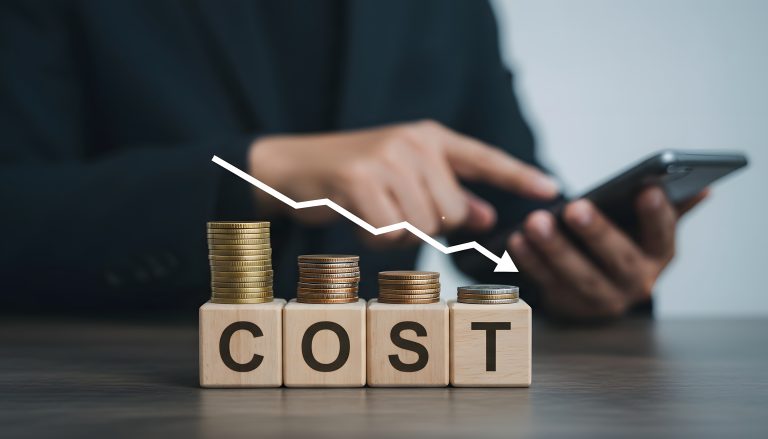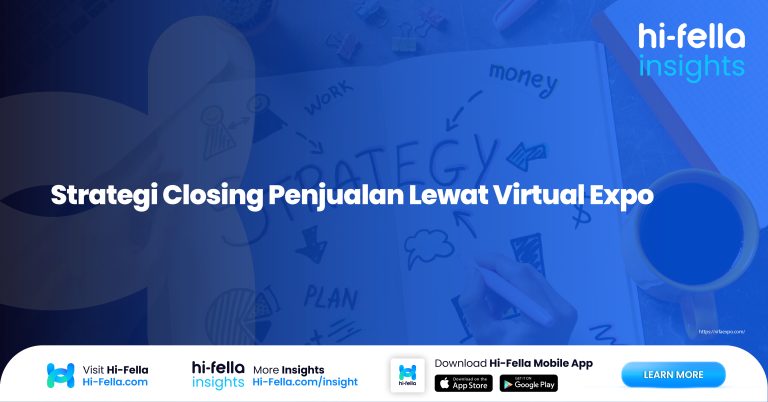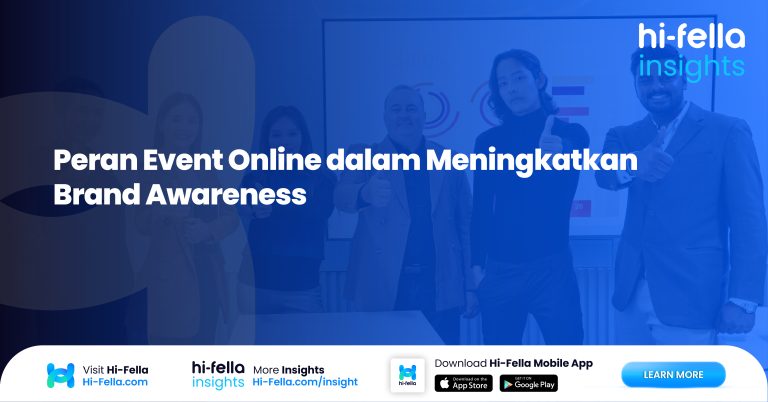In the intricate world of global export-import trade, communication is king—but how you communicate makes all the difference. Sellers are no longer just pitching products; they are educating buyers, building relationships, and guiding prospects through complex decision-making processes. In this environment, webinars have emerged as an exceptionally effective tool, especially when designed as private, curated spaces like those offered by Hi-Fella.
This article explores the transformative power of Hi-Fella’s private webinar space. It explains how it seamlessly combines education, pitching, and closing opportunities into a streamlined, high-impact sales strategy that global trade players can’t afford to ignore.
The Evolution of B2B Selling: From Transactional to Educational
In B2B export-import markets, buyers are increasingly sophisticated. Research by Forrester indicates that today’s B2B buyers spend approximately 70% of their journey researching independently before engaging a sales representative. This means sellers must provide value long before the pitch.
Traditional cold outreach or one-off sales calls often fall flat because they fail to build trust or establish authority. Instead, educational content, delivered in an interactive format, allows sellers to position themselves as problem solvers rather than pushy vendors.
Hi-Fella’s private webinars offer the perfect blend of education and engagement. By creating an exclusive environment where sellers can share insights, answer questions in real time, and showcase solutions, the platform taps into this shift towards consultative selling.
Why Private Webinars Trump Public Ones
While public webinars have their place, private webinars create a different dynamic that is especially critical in cross-border trade, where deals involve multiple stakeholders, regulations, and timelines.
Private webinars offer a curated audience—buyers who have expressed genuine interest and are pre-qualified. This means:
- The content can be tailored specifically to the needs and challenges of the attendees.
- Sellers can interact with decision-makers who have budget authority or influence.
- The intimacy of a smaller group encourages open dialogue and honest feedback.
- Buyers feel valued rather than lost in the crowd, fostering stronger connections.
Studies by ON24 reveal that 83% of marketers who use webinars say they generate good-quality leads, and private, targeted webinars have an even higher conversion potential because the audience is not just passive but engaged.
The Three Pillars of Hi-Fella’s Private Webinar Power: Educate, Pitch, Close
Hi-Fella’s private webinar space is structured around three core phases—educate, pitch, and close—each designed to naturally guide the buyer through their journey while maximizing seller effectiveness.
Educate: Building Credibility and Trust
At the outset, education is the foundation. For global trade players, this could mean:
- Explaining complex trade regulations, customs requirements, or compliance issues relevant to the buyer’s target markets.
- Demonstrating product innovations or quality certifications that differentiate their offer.
- Sharing success stories or case studies that illustrate ROI or reliability.
Hi-Fella supports sellers by providing tools to create interactive presentations, polls, and Q&A sessions, making the learning experience dynamic rather than one-way.
This phase addresses a critical buyer need: understanding how a product or service fits their unique challenges, which builds trust. When buyers feel informed and confident, they are far more likely to move forward.
Pitch: Tailoring Offers to Buyer Needs
The pitch phase in Hi-Fella webinars is subtle and consultative, not a hard sell. Sellers can segment attendees based on their interactions during the educational phase—questions asked, polls answered, or documents downloaded.
This segmentation allows sellers to present highly targeted offers. For example, a buyer in Southeast Asia might receive a pitch tailored to compliance with ASEAN trade agreements, while a European buyer gets a focus on REACH and CE marking.
The platform’s data analytics tools track buyer engagement, helping sellers refine their messaging instantly.
Close: Enabling Real-Time Decision-Making
The magic of Hi-Fella’s private webinar space lies in enabling immediate, data-driven closing actions.
Sellers can:
- Offer live demos or product walkthroughs.
- Schedule private follow-up meetings directly within the platform.
- Provide digital contract signing options integrated into the workflow.
- Share custom proposals instantly based on buyer input.
According to a Demand Gen Report, 62% of B2B buyers say they are more likely to purchase when vendors offer interactive content during the buying process. Hi-Fella’s platform elevates this interaction by removing friction and shortening the sales cycle.
Leveraging Hi-Fella’s Technology for Seamless Global Trade Engagement
Hi-Fella isn’t just a webinar tool. It’s a complete ecosystem built for global trade complexity.
Its platform integrates:
- Real-time language translation for multinational participants.
- Compliance documentation hubs, allowing instant access to certificates, permits, and quality reports.
- Secure data rooms for sensitive contract negotiation.
- Calendar syncing with multiple time zones.
These features allow sellers and buyers across continents to engage as if they were in the same room—building relationships that transcend borders and bureaucracy.
Quantifiable Results: Why Top Exporters Choose Hi-Fella’s Private Webinars
Global exporters and importers who have embraced Hi-Fella’s private webinar space report:
- A 30% reduction in sales cycle duration, thanks to faster lead qualification and decision-making.
- A 25% increase in conversion rates from qualified leads to closed deals.
- Enhanced buyer satisfaction and loyalty through transparent communication and education.
The ability to combine knowledge-sharing with a streamlined sales process resonates in industries where compliance and quality cannot be compromised.
How to Maximise Your ROI with Hi-Fella’s Private Webinar Space
To truly harness the power of private webinars, export-import players should consider:
- Preparing content that addresses pain points in international trade—such as tariffs, logistics delays, and quality assurance.
- Involving compliance and technical experts alongside sales teams in webinars to answer complex queries live.
- Using post-webinar analytics to segment leads and personalise follow-ups.
- Scheduling a series of webinars to nurture prospects over time, rather than a one-off event.
The Future of B2B Sales is Private, Educational, and Interactive
As the global export-import arena grows more competitive and complex, the winners will be those who educate their buyers, pitch with precision, and close with confidence—all within a trusted, interactive environment.
Hi-Fella’s private webinar space embodies this future. By merging education and sales into one seamless experience, it empowers exporters and importers to build deeper relationships, overcome global trade hurdles, and accelerate revenue growth.
In a world full of noise, private webinars stand out as a beacon of clarity and connection. For serious global trade players, they are no longer optional—they are essential.
Join Hi-Fella Today!
In the fast-paced world of export-import, the ability to educate, pitch, and close deals efficiently is invaluable — and Hi-Fella’s private webinar space delivers just that. By providing a trusted platform where you can engage directly with verified global buyers, showcase your offerings, and address questions in real time, Hi-Fella helps you build credibility and accelerate decision-making.
For businesses ready to elevate their sales process and turn prospects into loyal partners, Hi-Fella’s private webinars are the game-changing tool you need to succeed in today’s competitive market.








